Britain & Ireland 1745-1901
The relationship between Britain and Ireland is explored here across a number of articles. Particular themes assessing and exploring social reform on matters such as housing, industrial change and emerging civil rights are included here. Key individuals from the world of politics, science and women’s rights are also examined in detail.
Sort by:
Date (Newest first) | Title A-Z
Show:
All |
Articles |
Podcasts |
Multipage Articles
-

Polychronicon 152: Changing interpretations of the workhouse?
ArticleClick to view -

Cunning Plan 152.2: using Gillray’s cartoons with Year 8
ArticleClick to view -
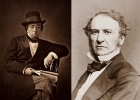
Writing the history of nineteenth-century Europe
ArticleClick to view -

Central and Local Government in Scotland Since 1707
ArticleClick to view -
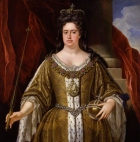
Royal Women: Queen Anne, Elizabeth I and Elizabeth II
Multipage ArticleClick to view -

Developing Year 8 students' conceptual thinking about diversity in Victorian society
ArticleClick to view -
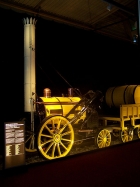
The Transport Revolution 1750-1830
ArticleClick to view -

John Wilkes 1725-1797: A Man of Principle
ArticleClick to view -

Bonnie Prince Charlie: The escape of the Prince in 1746
ArticleClick to view -
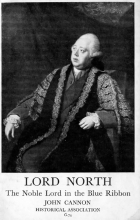
Lord North: The Noble Lord in the Blue Ribbon
ArticleClick to view -

Irish Unionism 1885-1922
ArticleClick to view -
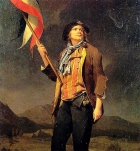
Counterfactual Reasoning: Comparing British and French History
ArticleClick to view -
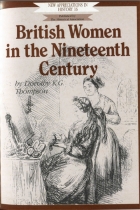
British Women in the Nineteenth Century
ArticleClick to view -

Gladstone and the London May Day Demonstrators, 1890
ArticleClick to view -
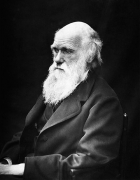
Engaging Year 9 with Victorian debates about 'progress'
ArticleClick to view -
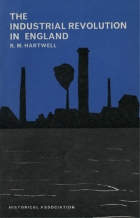
The Industrial Revolution in England
ArticleClick to view -
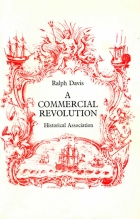
A Commercial Revolution
ArticleClick to view -

Cunning Plan 139: Victorian debates about progress
ArticleClick to view -

Towards Reform in 1809
ArticleClick to view -
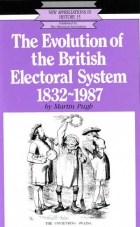
The Evolution of the British Electoral System 1832-1987
ArticleClick to view

